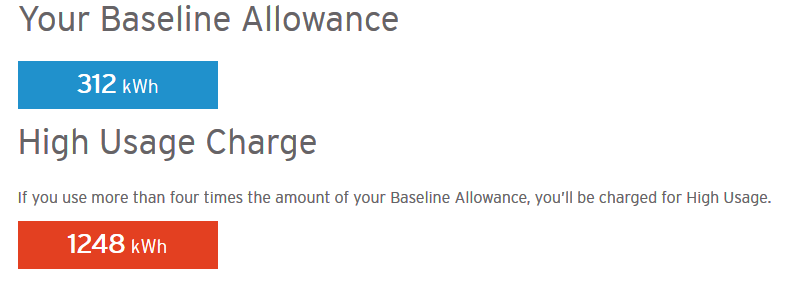velusip
[H]ard|Gawd
- Joined
- Jan 24, 2005
- Messages
- 1,579
Right. That moment of maximum tangential change in cost efficiency (to produce) was at it's maximum rate between 2015 to 2017. That was breaking point which divides the trailblazers and the VCs. It's also when most subsidy programs expired (with good reason). Most the installers I know are still charging German prices (for German equipment) and trying desperately to get rid of their new-old stock, but the newer startups are entering the market at about 2/3 of the competition. So insanely expensive just became "not bad", and this will drop further as more and more assemblers use the new stuff:Was. Or, to be less succint, it experienced a period of significant growth with many new market participants. Some of which implemented aggressive pricing to secure market share. Not withstanding that, when speaking of "cost," we need to be clear about what we are talking about. Cost to consumer? Cost to manufacture?
Fact is, I think without a serious change, the cost to manufacture is as low (or near enough) as it will get. The Germans are already folding because they cannot compete with the Chinese panels. The rules of economics are only tangentially relevent in China, mind you.
Cost to consumer is another deal. If one removes the federal and state subsidies, and any cross-subsidy between retail electric customer classes, solar power is insanely expensive.
Just to clarify, I'm mostly talking about cost to produce raw cells only. The other half of the cost in panel construction materials is fluctuating with the new blood entering the field, but the trend is not exactly downward yet. (high amp diodes, DC to DC regulators, transformers, and MC4 connectors, UV stabilized surfacing) As the demand for cheap solar spikes in the next few years, I'm sure it will be difficult to stay on top of sourcing these parts. Batteries are a wildcard because every lab technician and their mom seems to have a breakthrough improvement in the pipe evey 6 months, and I don't really consider it part of the cost since I've been working with strictly on-demand systems lately (no storage, direct to grid) and it works very well and reduces overall grid losses, making every nearby power plant more efficient. Just no night time help.
I've been purchasing raw cells for a number of years, and the cost I can secure now is just over $2 per 156mm mono, but has been as low as $1.70 last year (lucky buy). Cost is MUCH lower for poly (varies due to custom sizing), but they are too delicate, and finicky (needs a thermal vane). The monos are actually worth the much higher cost. Consider that just a short 6-8 years ago these were about $6 per cell, I'd say things are looking really good.
![[H]ard|Forum](/styles/hardforum/xenforo/logo_dark.png)
